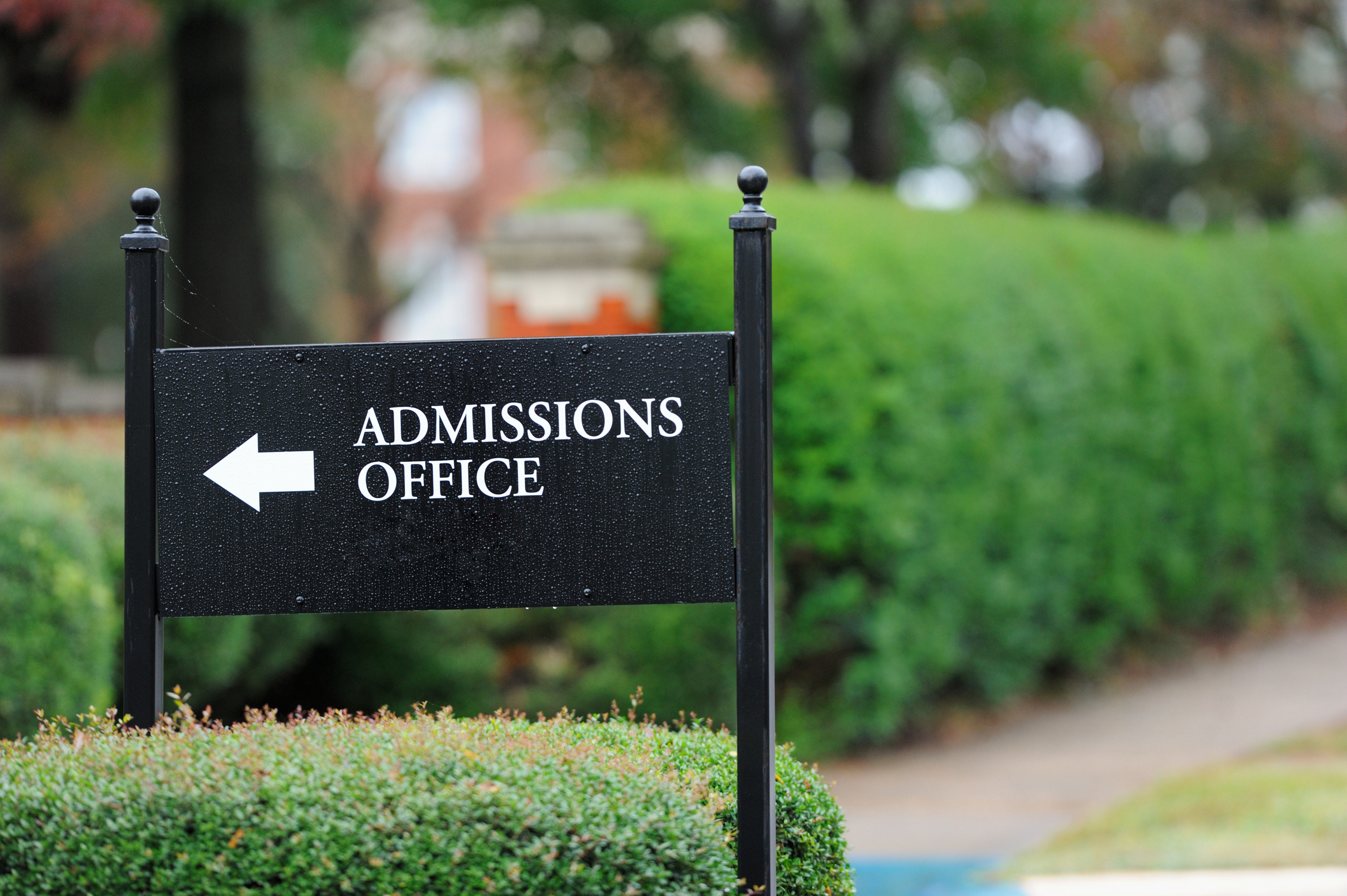Airplane bunk beds and 250 mph trains: What to expect from the future of travel
How you'll fly, ride, and cruise in the future — or maybe later this year


A free daily email with the biggest news stories of the day – and the best features from TheWeek.com
You are now subscribed
Your newsletter sign-up was successful
We won't be seeing flying cars anytime soon, but there are plenty of other travel trends to keep an eye on, including the first bunk beds for economy passengers on long-haul flights. Here's everything you need to know:
What's this about bunk beds in economy?
In June, Air New Zealand announced some very welcome news for anyone who has ever tried to get some sleep in a cramped cabin: the airline is installing lie-flat sleeping pods in eight Boeing 787-9 Dreamliners that will be delivered by the end of 2024. Dubbed "Skynests," these pods will just be available for passengers in regular and premium economy, for an extra cost. The pods will be stacked on top of each other, and come with a mattress, sheets, USB charging capability, "ventilation outlets," and a privacy curtain; the flight crew will clean each pod between bookings. Passengers can book one four-hour session per flight, but there's no funny business allowed — just one person can be in a pod at a time.
Air New Zealand says this will be the first-of-its-kind experience in economy, and they are still working out the cost. "New Zealand's location puts us in a unique position to lead on the ultra-long-haul travel experience," Air New Zealand CEO Greg Foran said. "We have zeroed in on sleep, comfort, and wellness because we know how important it is for our customers to arrive well-rested." These pods will definitely come in handy on the Auckland-New York City route, launching this fall — the flight will take more than 17 hours.
The Week
Escape your echo chamber. Get the facts behind the news, plus analysis from multiple perspectives.

Sign up for The Week's Free Newsletters
From our morning news briefing to a weekly Good News Newsletter, get the best of The Week delivered directly to your inbox.
From our morning news briefing to a weekly Good News Newsletter, get the best of The Week delivered directly to your inbox.
What can we expect from high-speed rail?
There are new lines in the planning stages or under construction in France, Germany, Spain, India, and China, where CNN reports the high-speed network will reach more than 31,000 miles by 2025. In England, work has begun on the High Speed 2 (HS2) railway line, which will one day be used by trains capable of reaching 250 mph. It's being built in two stages, and it's expected that the first segment between London and Birmingham will be completed by 2031 (the second segment between Midlands and Manchester and Leeds likely won't be finished until 2040).
This project has not been without controversy; supporters say the high-speed railway is creating good jobs and will make it easier for more passengers to travel efficiently, while critics point out it is over budget by several billion pounds and the tracks cut through wildlife habitat.
In Japan, the government is investing $72 billion in the Chuo Shinkansen project — a 178-mile line with tracks that use magnetic levitation (maglev). This is the culmination of more than four decades of maglev research and development, CNN reports, and the line will link Tokyo and Nagoya in 40 minutes. The plan is to then extend the line to Osaka, with passengers able to travel 311 miles in 67 minutes. Construction began in 2014, and the goal was to have it finished by 2027, but because there have been some issues getting permission to build one section of the line, there is no set launch date.
I've been hearing a lot about "regenerative travel" — what is this?
Regenerative travel is becoming more popular as people see the effects of climate change on the planet. Where sustainable travel is about leaving a place as it is, regenerative travel aims to make that place better than it was when you arrived. Amanda Ho is founder and CEO of Regenerative Travel, a community of independent boutique hotels. She told Fodor's that "the pandemic has required us to ask, 'Why do we travel?' and gives us an opportunity to change 'how we travel.' We must repair and replenish our relationships with the places we travel. As an industry, we have a responsibility to create the change we want to see for the future of our planet."
A free daily email with the biggest news stories of the day – and the best features from TheWeek.com
That means for a tourist, they might get involved with a local tribe, nonprofit organization, or community center and commit to a project that is educational and hands-on — for example, going to a forest and learning about fire prevention while building trails, or visiting the Pacific Northwest to help restore salmon habitat. On the tourism industry side, promoters are planning these excursions and also making an effort to point tourists in multiple directions so they aren't overcrowding one place, Fodor's said, adding, "the intention is to better the destination, experience, and exchange of good for both the community visited and the travelers."
My job is now fully remote — what are some ways I can combine work with travel?
If all you need is a laptop and internet connection, consider an extended trip to a place you've been to before and wished you'd had more time to explore, or pick a destination you've always been curious about, and book a long-term rental there. You'll be able to sight-see and go on local adventures when you're not at work, and get a feel of what it's like to actually live in this spot.
For those who prefer variety and are drawn to the ocean, try a grand sea voyage — they aren't just for people who are retired. "Younger people who can work from anywhere are in the game," cruise expert Carolyn Spencer Brown told Town & Country. Royal Caribbean's Ultimate World Cruise sets sail on Dec. 10, 2023, and it's a doozy — guests will spend 274 nights on the Serenade of the Seas, visiting more than 60 countries. Stops include Copacabana Beach in Brazil, the Great Pyramid of Giza in Egypt, and the Colosseum in Rome.
I can't be at sea that long, but do want to splurge on a cruise — what else is out there for me?
Cruise ships are always looking for ways to attract guests, and Regent Seven Seas is hoping to lure in travelers with its Regent Suite, available to book on the Splendor and Explorer ships. These are the largest luxury line suites, and are the definition of extravagant — and at 4,443 square feet, they're also probably bigger than your house. Each lavish suite has a spa with sauna, steam room, and jacuzzi; fully-stocked bar; custom Steinway piano; original lithographs by Pablo Picasso; choice of bed linens and pillow styles; and massive terrace with a hot tub, among other perks (like unlimited in-suite spa treatments and the services of a private butler).
Catherine Garcia has worked as a senior writer at The Week since 2014. Her writing and reporting have appeared in Entertainment Weekly, The New York Times, Wirecutter, NBC News and "The Book of Jezebel," among others. She's a graduate of the University of Redlands and the Columbia University Graduate School of Journalism.
-
 The Olympic timekeepers keeping the Games on track
The Olympic timekeepers keeping the Games on trackUnder the Radar Swiss watchmaking giant Omega has been at the finish line of every Olympic Games for nearly 100 years
-
 Will increasing tensions with Iran boil over into war?
Will increasing tensions with Iran boil over into war?Today’s Big Question President Donald Trump has recently been threatening the country
-
 Corruption: The spy sheikh and the president
Corruption: The spy sheikh and the presidentFeature Trump is at the center of another scandal
-
 The video game franchises with the best lore
The video game franchises with the best loreThe Week Recommends The developers behind these games used their keen attention to detail and expert storytelling abilities to create entire universes
-
 The buzziest movies from the 2023 Venice Film Festival
The buzziest movies from the 2023 Venice Film FestivalSpeed Read Which would-be Oscar contenders got a boost?
-
 America's troubling school bus driver shortage
America's troubling school bus driver shortageSpeed Read Kids are heading back to school, but they might be having trouble getting a ride
-
 5 college admissions trends to watch out for this year
5 college admissions trends to watch out for this yearSpeed Read College advisers and admissions experts say these trends will shape the 2023-2024 admissions cycle
-
 What's going on with Fyre Festival II?
What's going on with Fyre Festival II?Speed Read Convicted felon Billy McFarland claims the music festival will happen, for real this time
-
 The answer to rising home prices: smaller homes
The answer to rising home prices: smaller homesSpeed Read Builders are opting for fewer rooms and more attached styles as frustrated homebuyers look for affordable options
-
 5 illuminating books about the video game industry
5 illuminating books about the video game industrySpeed Read Cozy up with a few reads that dig into some of the most fascinating parts of video game history
-
 Everything we know about the final season of 'Stranger Things'
Everything we know about the final season of 'Stranger Things'Speed Read The Netflix hit will turn things up to eleven in its final bow ... eventually
